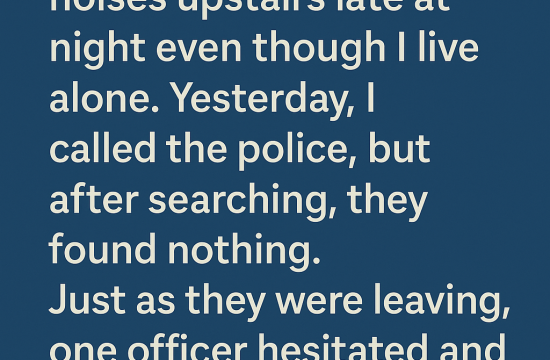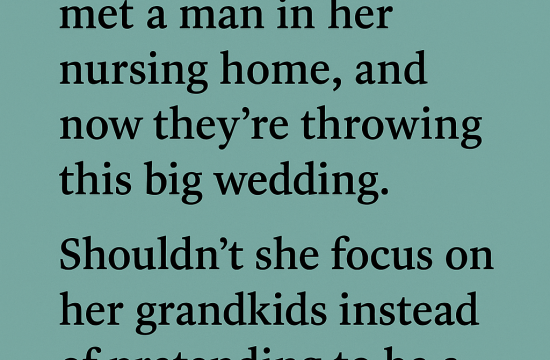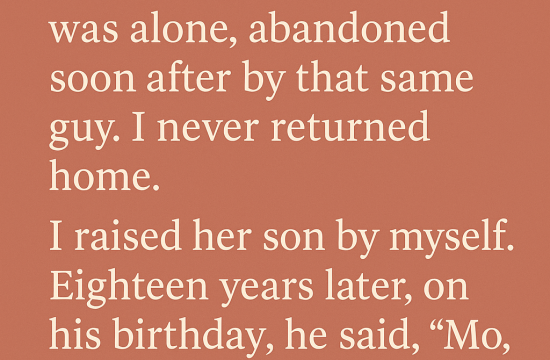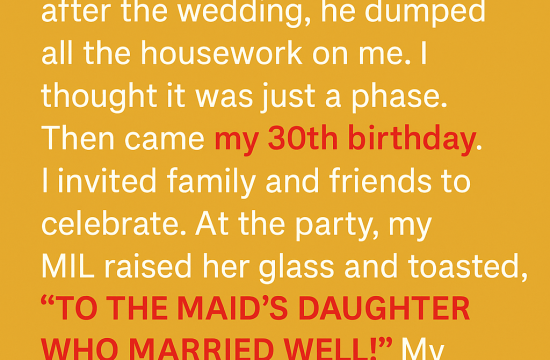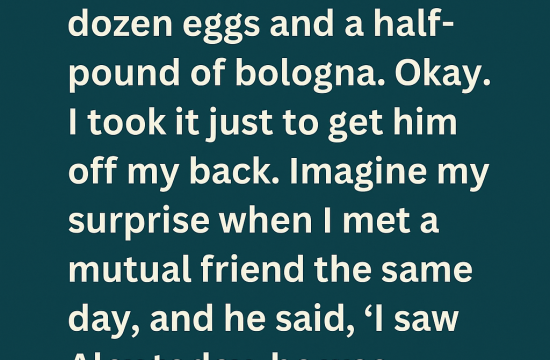At 17, Daniel had to give up his newborn son for adoption — not because he wanted to, but because his parents insisted.
Years later, at 27, he had built a quiet life for himself as a Little League baseball coach. Teaching had once been his dream, but after too many memories and too much pain, he’d left the classroom for the baseball field — where kids laughed, ran, and called him Coach Dan.
That’s where he met Robert.
The first time Robert showed up at practice, Daniel froze. The boy’s brown eyes, the tilt of his smile — even the way he held the bat — all reminded Daniel of Emily, his high school sweetheart who had died giving birth to their son.
Daniel had never truly healed from that day. Emily’s parents had refused to accept the baby, calling the pregnancy “a mistake,” while his own parents insisted on adoption to “save his future.” Powerless and broken, Daniel had signed the papers through tears.
Now, standing on the field, he couldn’t shake the feeling that fate had brought this boy into his life.
He learned that Robert had been adopted as a baby — his adoptive parents kind, devoted people who attended every game. Daniel never asked questions, but he began to sense small coincidences: the birth year, the resemblance, the subtle connection between them.
One afternoon, after practice, Robert handed Daniel a crumpled note from a school project. It read, “Write about someone who inspires you.”
Robert had written:
“Coach Dan reminds me of someone I’ve never met. My birth father. My mom says he was young and scared, but I like to think he would’ve taught me to play baseball.”
Daniel’s hands trembled. He looked up to see Robert watching him with curious, open eyes — eyes that felt achingly familiar.
He didn’t need a DNA test. Somewhere deep inside, he already knew.
That night, Daniel sat in his car long after the stadium lights had gone out, whispering through tears,
“I’m here now, son. Even if you don’t know it.”




